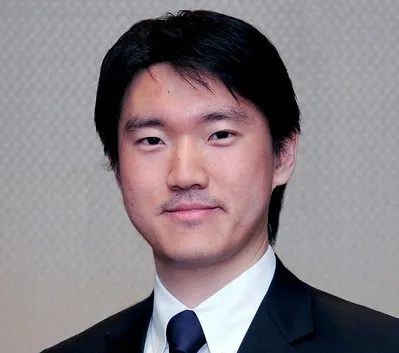
Shanghai's large stock of government and large public buildings gets a timeline for energy efficiency
By Jerrold WangThe Shanghai Municipal Development & Reform Commission recently issued a policy descriptively named "Implementation Advice on Accelerating the Establishment of Building Energy Consumption Monitoring Systems in Shanghai’s Government and Large Public Buildings" (“Implementation Advice”).
The Implementation Advice covers government buildings with areas larger than 10,000 m2 and public buildings larger than 20,000 m2. The policy suggests that energy consumption in these buildings will be monitored separately by functional system, such as HVAC, lighting, datacenter, and other systems.
According to the timeline in this Implementation Advice, by 2012 Shanghai will finish construction of a data platform to connect energy consumption monitoring systems in government and large public buildings. The Shanghai government aims to set up the monitoring systems in more than 600 government and large public buildings and have all government and large public buildings covered by the monitoring system by 2014.
To push the buildings to adopt the energy monitoring systems, Shanghai will provide subsidies on the installation costs. These subsidies are ranged from $4710 (RMB30,000) to $7850 (RMB50,000) for each qualified building.
In Shanghai, government and large public buildings account for 25% of the total building area, but consume more than 50% of total energy used in buildings. Moreover, energy consumption per square meter in government and large public buildings is five times to 10 times more than residential buildings.
As the building energy consumption accounts for nearly 50% of total energy consumption, this Implementation Advice is expected to play an important role for the city to meet the 12th Five-Year Plan energy saving targets of reducing energy consumption per unit GDP by 18%, among the highest targets in China.
The Implementation Advice is expected to create a large market in building energy management. When the government is able to collect energy consumption reports from the buildings it monitors, an energy efficiency bottom line is likely to be set up. Less efficient buildings will no doubt gravitate towards ESCOs for retrofit projects.
Additionally, as building energy consumption takes nearly 50% of total energy consumption, other provinces and cities with high energy consumption reduction targets are highly possible to adopt similar policies. Leading building energy-saving ESCOs, such as Beijing Tellhow, Shenzhen Das Intellitech, and Yanhua Smartech, will reap the benefits from the upcoming service demands on energy management, initially for government and public buildings. Focused efforts to build partnerships and channels into these entities should be strongly considered.
Jerrold Wang is a Research Associate in Lux Research’s China Innovation practice. Lux Research provides strategic advice and on-going intelligence for emerging technologies. Visit www.luxresearchinc.com for more information.




















 Advertise
Advertise







